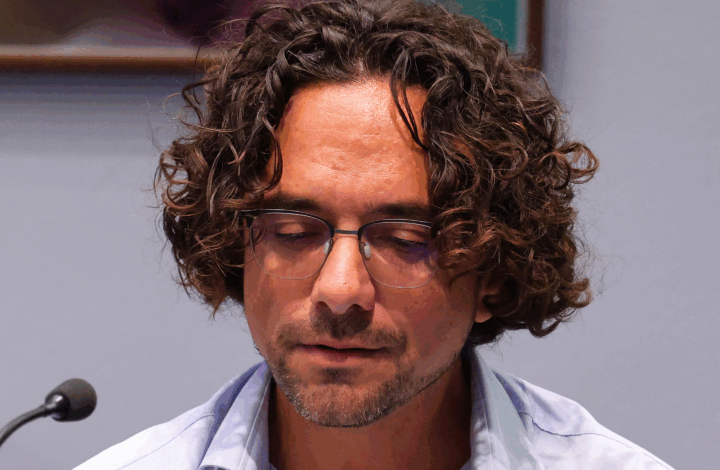Francesco Battaglia
Distinguished NIAS Lorentz Fellow

Project title
Towards an embodied theory of brain function
Research question
The brain is first and foremost an organ in the body, whose first priority is to keep itself and the rest of the body alive. How to understand cognition in this perspective?
Project description
Most modern neuroscience begins with the premise that the brain represents information about the external world and performs computations on these representations, much like a computer would. The conceptual pillars of this view are statistical inference, neural representations, predictive coding, and action optimisation.
This paradigm has been undeniably successful in generating descriptive knowledge, aided also by new experimental techniques, but it is becoming increasingly clear to many that it is not bringing us closer to a proper theory of the brain.
The “brain as a computer” hypothesis, however, overlooks the idea that the body should be considered an integral part of all feedback loops through which the brain operates. Interactions with the external world are always mediated by the body. Thus, Francesco Battaglia hypothesises, all activity in the brain—from emotion and interoception to cognition—arises, directly or indirectly, from the repurposing and extension of patterns related to brain-body interactions.
Battaglia’s project will enable him to begin contributing to a theory of the brain rooted in brain-body interactions, drawing on his expertise in experimental and theoretical neuroscience and neurotechnology.
Selected publications
- Pedrosa R, Nazari M, Mohajerani MH, Knöpfel T, Stella F, Battaglia FP Hippocampal gamma and sharp wave/ripples mediate bidirectional interactions with cortical networks during sleep (2022) Proceedings of the National Academy of Sciences 119 (44), e2204959119
- Kaefer K, Stella F, McNaughton BL, Battaglia FP Replay, the default mode network and the cascaded memory systems model (2022) Nature Reviews Neuroscience 23 (10), 628-640
- Peyrache A, Benchenane K, Khamassi M, Wiener SI, Battaglia FP Replay of rule-learning related neural patterns in the prefrontal cortex during sleep. (2009) Nature neuroscience 12 (7) 919-926